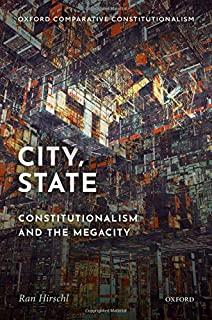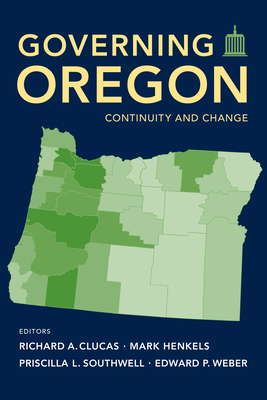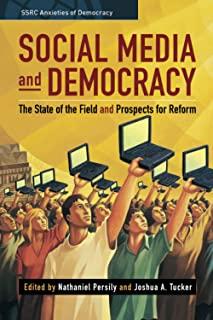
description
0More than half of the world's population lives in cities; by 2050, it will be more than three quarters. Projections suggest that megacities of 50 million or even 100 million inhabitants will emerge by the end of the century, mostly in the Global South. This shift marks a major and unprecedented transformation of the organization of society, both spatially and geopolitically. Our constitutional institutions and imagination, however, have failed to keep pace with this new reality. Cities have remained virtually absent from constitutional law and constitutional thought, not to mention from comparative constitutional studies more generally. As the world is urbanizing at an extraordinary rate, this book argues, new thinking about constitutionalism and urbanization is desperately needed. In six chapters, the book considers the reasons for the "constitutional blind spot" concerning the metropolis, probes the constitutional relationship between states and (mega)cities worldwide, examines patterns of constitutional change and stalemate in city status, and aims to carve a new place for the city in constitutional thought, constitutional law and constitutional practice.
member goods
No member items were found under this heading.
listens & views

STRING QUARTET 2 & 3
by BRITTEN / SHOSTAKOVICH / JUPITER STRING QUARTET
COMPACT DISCout of stock
$15.49
Return Policy
All sales are final
Shipping
No special shipping considerations available.
Shipping fees determined at checkout.






